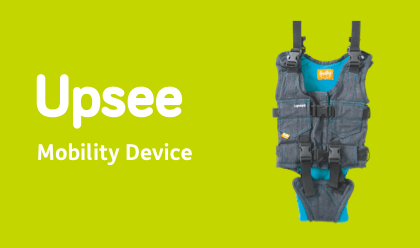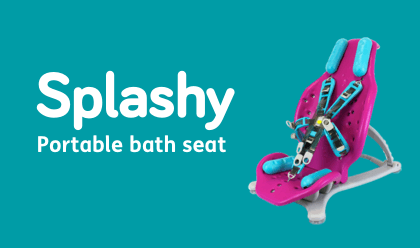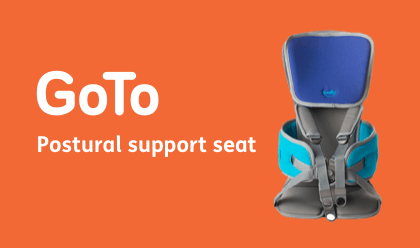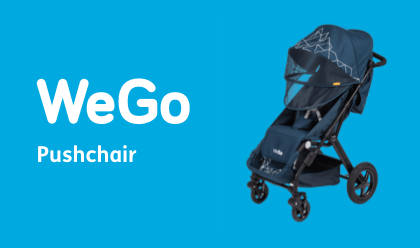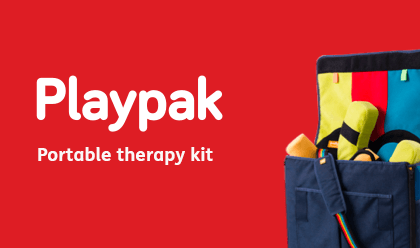World Down’s Syndrome Day 2018 Part 2

The Down’s Syndrome Advantage is the phrase coined to describe the phenomenon discovered by researchers in which the mothers of individuals with Down’s Syndrome were observed to display higher levels of psychological well-being when compared to the mothers of individuals with other kinds of intellectual or developmental disability (IDD).
Maternal well-being was measured in terms of life satisfaction, quality of relationship with child, maternal pessimism about the future, and subjective caregiving burden.
I would rank myself as likely to score highly for psychological well-being based on those factors.
But what causes the Down’s Syndrome Advantage?
Are children with DS really easier to raise than those with other developmental disabilities?
Several possible explanations have been put forward:
Greater maternal age at the time of the birth of the child with DS, and, therefore, greater financial stability,
The fact that mothers of individuals with DS have greater access to syndrome-specific support groups which offer information and social support, which in turn leads to more adaptive coping,
Mothers of children with DS have more family support,than the mother’s of individuals with other IDDs.
Based on my own experience alone I don’t think that these factors fully account for the ‘advantage’.
Although, yes, I was a more mature mother, being nearly 41 when my son with DS was born, and already an experienced parent, which undoubtedly helped, it is not true to say that we were financially better off. As a family we’ve lived on one income for years, as we have an older child who also has additional needs and the solution which worked best for us was for me to be a stay-at-home mum.
There is no syndrome-specific support group where I live.
Although I am a member of several online groups, I find them an emotional minefield and so never seek advice there.
Any, "adaptive coping", I do has happened organically.
I know of many parents of children with DS who will tell you that family are sometimes the biggest pain in the backside when it comes to lack of understanding or poor attitudes, and although my own family are understanding, what they can offer in terms of physical support or respite is limited, as they either live too far away, or are too elderly and frail to cope with any young child.
Despite this, I’m one of those irritating people who is pretty happy with my life, and positive about the future.
I don’t feel any great caregiving burden, and I think I have a really good relationship with Freddie, on the whole.
In terms of functional ability he still needs a lot of help with most things. Unlike a typical nine-year-old, his speech, though "good", is nowhere near what you would expect from a child his age. Although, he will tell me, in a few words, that he has enjoyed his warm, bubbly bath, or his swimming lesson; he will thank me for his tea, too, especially if I have helped him scoop it up - which he seems to find rather an effort, possibly due to relatively poor fine motor skills.
He displays a great sense of mischief, mostly expressed physically.
In these various small ways we are able to have many positive interactions; I think THIS may well be the key to my own sense of well-being.
And the evidence would seem to bear me out.
It has been argued that the Down’s Syndrome Advantage may be due either to sampling bias, or to between-group differences in other factors such as maternal age, maternal education level, marital status, child age, family income, or other variables.
However, several studies found persistent evidence of the ‘advantage’ even after controlling for such covariates as these, suggesting that these factors alone cannot fully account for the phenomenon.
In studies which compared mothers of individuals with DS with each other, rather than with mothers of children with other IDDs, it was found that neither maternal age (at the birth of her child with DS), nor the level of social support she could access, had any significant influence on life satisfaction, quality of relationship with child, or pessimism about the future.
With regards to subjective caregiving burden the picture was more complicated, with many factors having an influence – the specific context of the caregiving context may be the most significant thing in this regard.
One factor that was an influence across all four measures of maternal well-being, though, was the behavioural phenotype of their child that is, the observable traits and characteristics.
It was found that those mothers whose children with DS exhibited a greater level of difficult or challenging behaviour would score lower on the measures of maternal wellbeing compared to the mothers of individuals with DS who exhibited fewer behavioural problems.
In previous studies it was noted that the mothers of individuals with DS tended to describe their children using terms such as ‘affectionate’, ‘sociable’, and ‘easy’ (in temperament).
It is reported that individuals with DS tend to have significantly higher adaptive skills (a measure of how well people function in their environment) than their low IQ scores might predict (the flaws in IQ tests are a whole other story), and exhibit fewer behavioural problems than individuals with other IDDs.
So, it would seem that the behavioural profile commonly exhibited by individuals with DS has a significant part to play in the Down’s Syndrome Advantage.
The picture is far from black and white, though, and more research is needed.
And there is no denying that raising a child with Down’s Syndrome does bring all kinds of challenges for the family.
And what about the wider family?
The studies I’ve talked about above mention only mothers.
Does the Down’s Syndrome Advantage bring any benefits to fathers and siblings?
In part three, I’ll be looking at one way in which this ‘advantage’ benefits the family unit as a whole, and may even give us ‘DS families’ an advantage not just in comparison to the families of children with other kinds of disability, but in comparison to ‘typical’ families as well.

